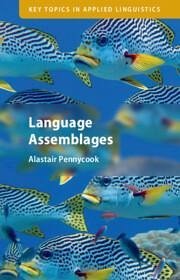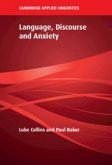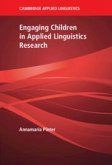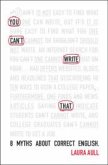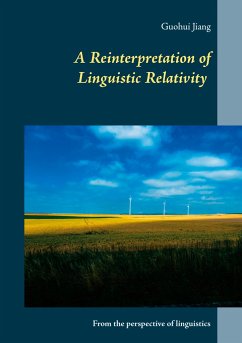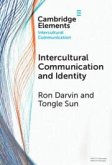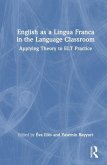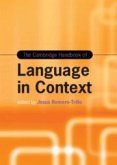What are languages? An assemblage approach to language gives us ways of thinking about language as dynamic, constructed, open-ended, and in and of the world. This book unsettles regular accounts of knowledge about language in several ways, presenting an innovative and provocative framework for a new understanding of language from within applied linguistics. The idea of assemblages allows for a ¿exibility about what languages are, not just in terms of having fuzzy linguistic boundaries but in terms of what constitutes language more generally. Languages are assembled from different elements, both linguistic elements as traditionally understood, as well as items less commonly included. Language from this point of view is embedded in diverse social and physical environments, distributed across the material world and part of our embodied existence. This book looks at what language is and what languages are with a view to understanding applied linguistics itself as a practical assemblage.

